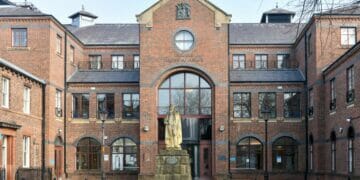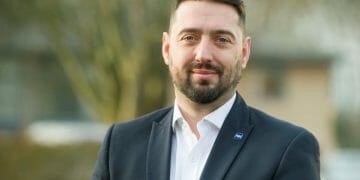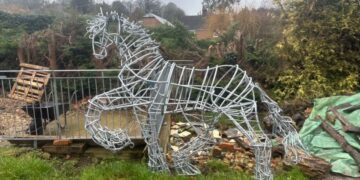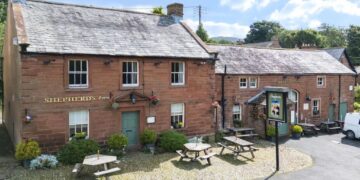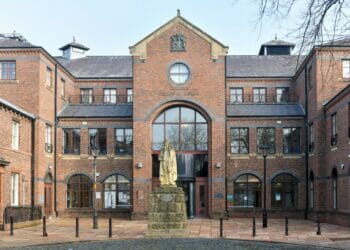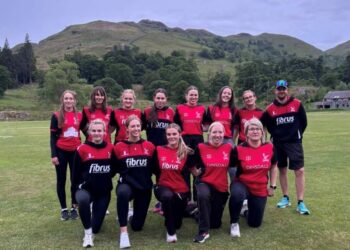Kay Whittle was England’s first female director of social services
A
A
Related Posts
No Result
View All Result
Stay connected
Most popular
33 Middlegate
Penrith
Cumbria
CA11 7SY
Phone: 01768 862313
Email: news@cwherald.com
Registered in England as Barrnon Media Limited. No: 12475190
VAT registration number: 343486488
© Barrnon Media Limited 2025
This website and its associated newspaper are members of the Independent Press Standards Organisation

